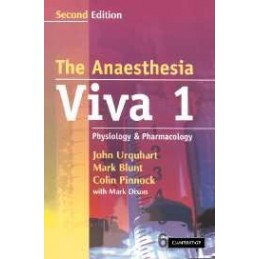- Obniżka


 Dostawa
Dostawa
Wybierz Paczkomat Inpost, Orlen Paczkę, DHL, DPD, Pocztę, email (dla ebooków). Kliknij po więcej
 Płatność
Płatność
Zapłać szybkim przelewem, kartą płatniczą lub za pobraniem. Kliknij po więcej szczegółów
 Zwroty
Zwroty
Jeżeli jesteś konsumentem możesz zwrócić towar w ciągu 14 dni*. Kliknij po więcej szczegółów
Opis
Indeks: 17482
Autor: Maria Barańska-Gachowska
komplet
Indeks: 17139
Autor: Ewa Owerko
Kwalifikacja: Asystowanie lekarzowi dentyście i utrzymanie gabinetu w gotowości do pracy
Indeks: 3541
Autor: Irena Okulicz-Kozaryn
